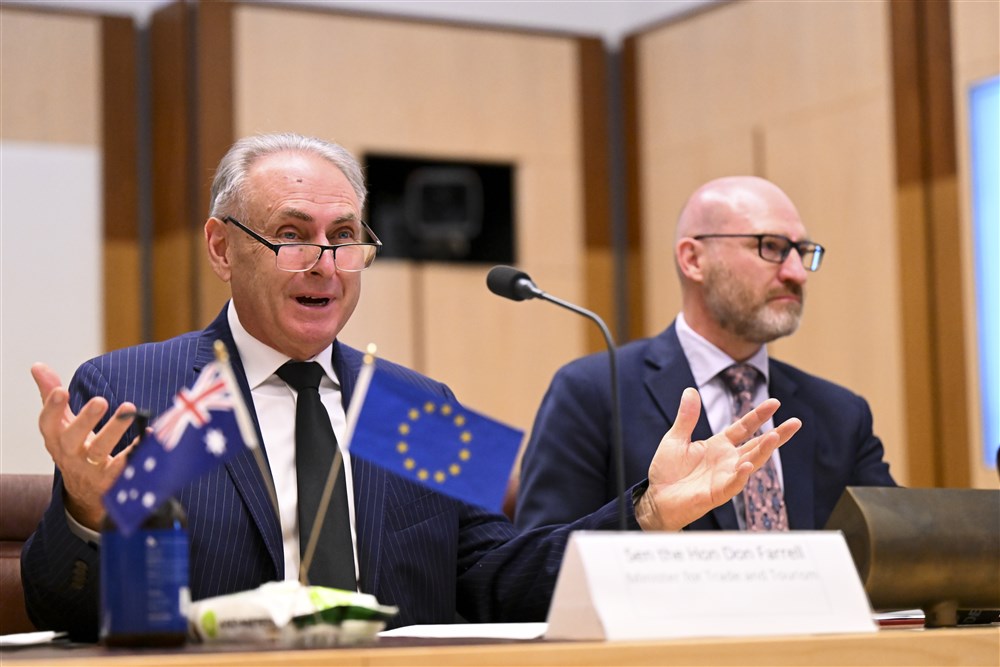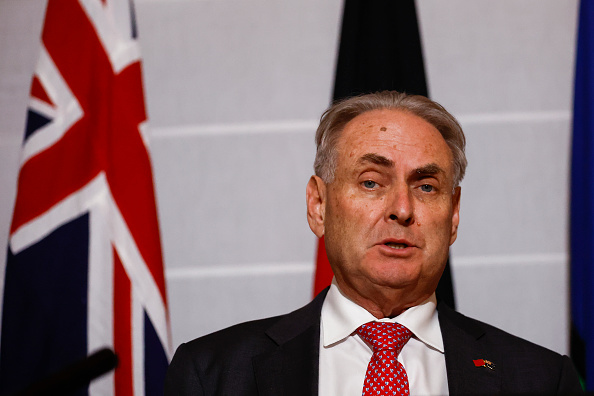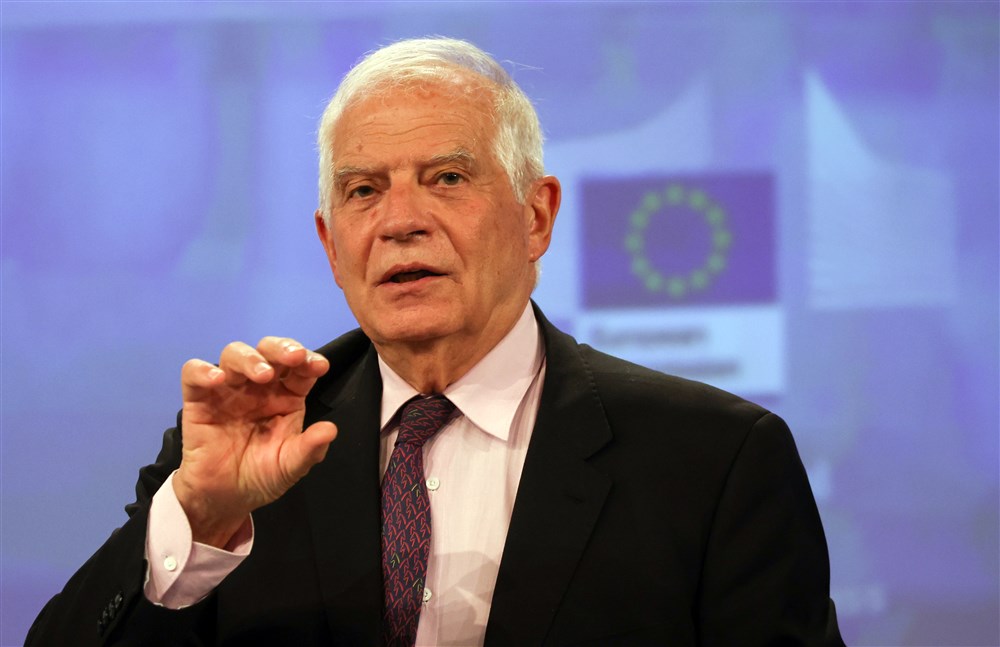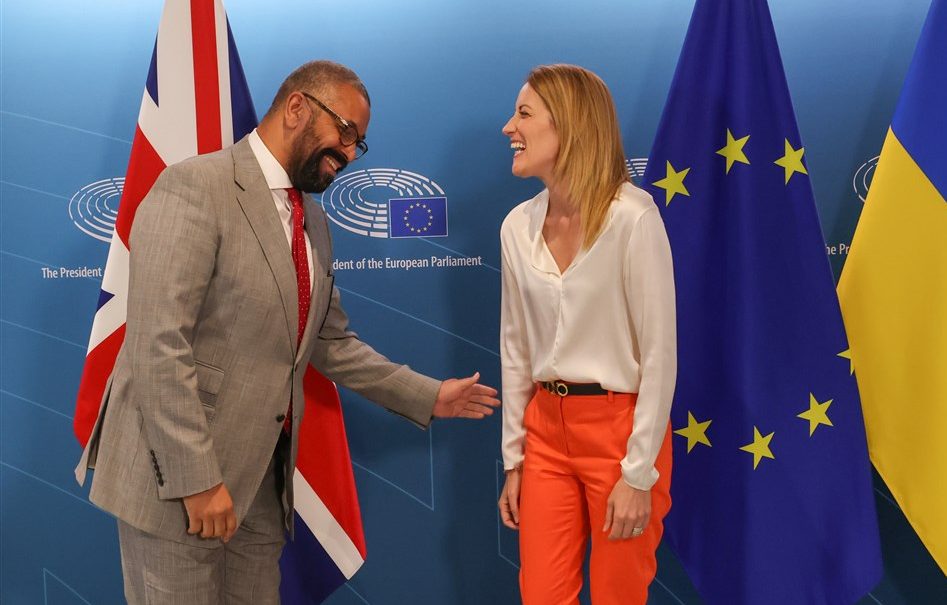The European Union and Australia have failed to conclude talks on a planned free trade agreement after differences remained unresolved, notably on agricultural products, the two sides said on Tuesday.
The EU and Australia opened negotiations in 2018 and had hoped to conclude talks this week. However, differences remained, particularly over the degree to which the EU will open its markets to Australian farm products, notably beef.
“We regret it was not possible to conclude our talks with Australia this week. We made progress but more work is required to address key outstanding issues,” a European Commission spokesperson said.
Australian Trade Minister Don Farrell said officials on both sides would continue negotiations and seek to meet again in August.
“As we’ve said all along, Australia needs meaningful agricultural access to European markets,” he told reporters in an impromptu press conference in a park in central Brussels.
Australia is keen to have wider access to EU markets for its beef, lamb, dairy products and wines, much of which are subject to tariffs and quotas.
“I’m optimistic that with some goodwill, some hard work, some perseverance, we’re going to get there,” Farrell said.
Both sides are looking to diversify trade, the EU in particular following Russia’s invasion of Ukraine and Australia after major trading partner China imposed blocks on a raft of Australian farm products in a 2020 political dispute.
An agreement could also help the EU in its search for critical raw materials for its green and digital transition and reduce its reliance on China.
Australia is the world’s largest producer of lithium and has large deposits of other critical minerals, such as cobalt, manganese and rare earth elements.
Negotiations are also continuing over greater EU access to Australian energy and raw material products, as well as services.
The EU has said a trade deal with Australia could add up to 3.9 billion euros to EU gross domestic product by 2030, with machinery, metals, electronic equipment and chemical manufacturers, automakers and food and drink producers benefiting.
Australia sees gains for its agricultural exporters and services providers, with more access for Australian businesses to invest in Europe.
(Reporting by Philip Blenkinsop and Charlotte Van Campenhout Editing by Tassilo Hummel, Mark Potter, William Maclean)





